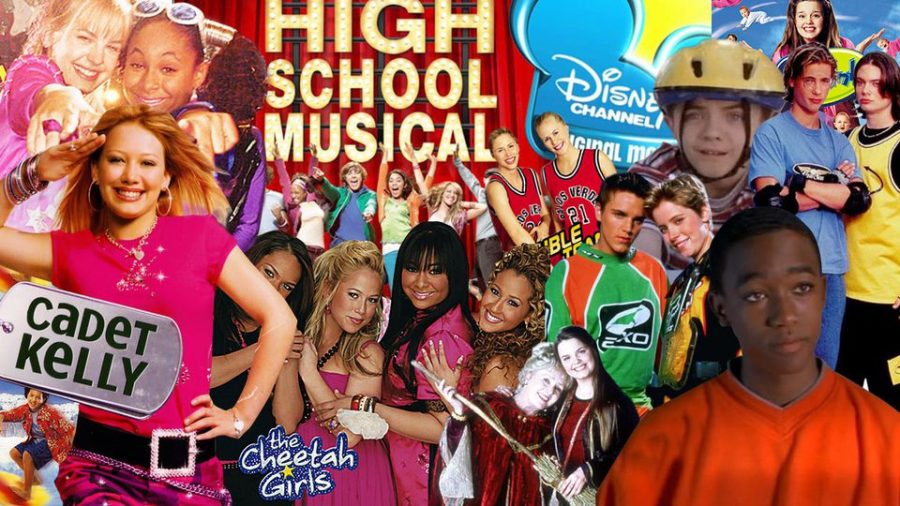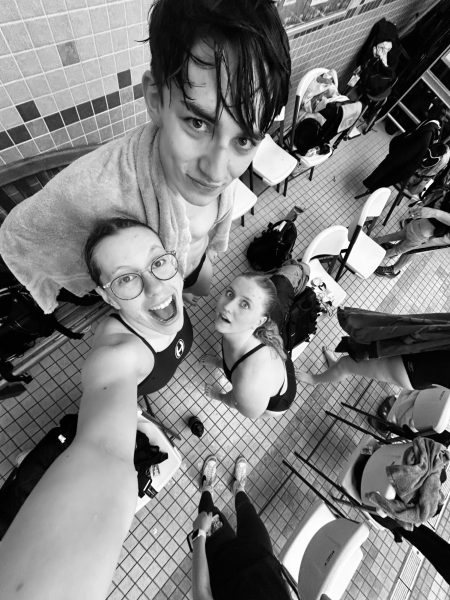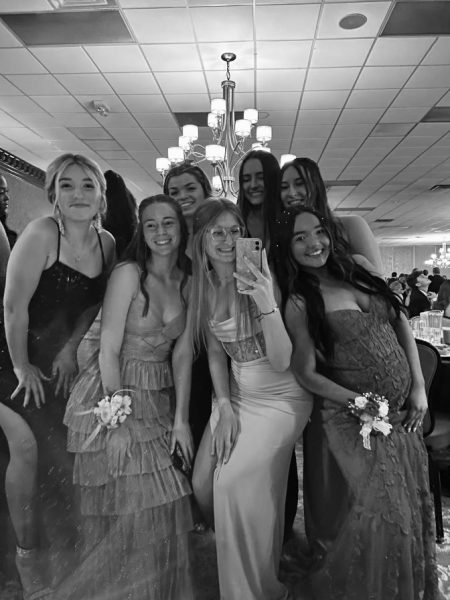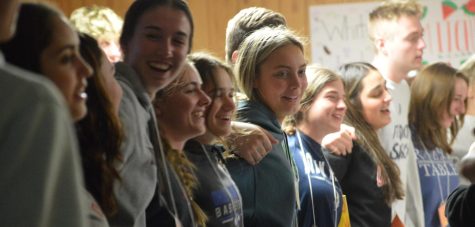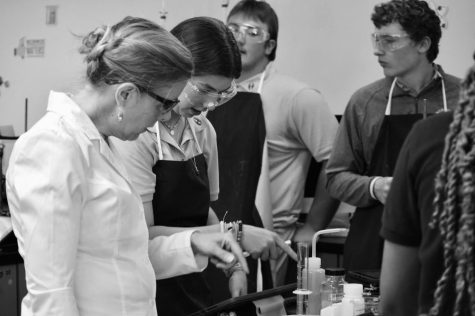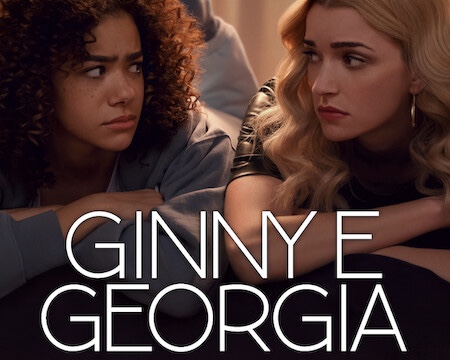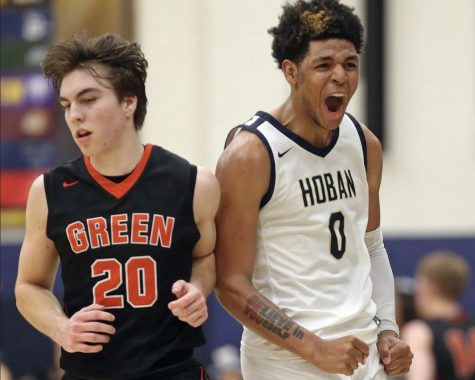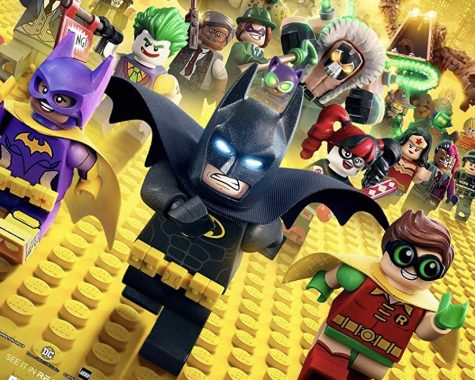Social implications of DCOMs over time
As kids, we awaited the premiere of every “High School Musical” movie with bated breath. We sang “Cheetah Girls” songs in the car. We tried to learn how to double dutch because of “Jump In!”
We loved Disney Channel Original Movies, or DCOMs, for good reason.
Throughout the late 1990s and early 2000s, they pushed boundaries and stressed inclusivity. Whether it was Emmy-Award-winning “Color of Friendship,” exploring apartheld and biracial friendships, or the lesser-known “Thirteenth Year,” breaking gender stereotypes through the introduction of mermen, they shaped our young minds through the power of easy-to-follow storylines and happy endings.
Over the last 20 years, though, DCOMs have lost their charm. The once-vibrant, influential stories have been replaced with bad sequels and meaningless romantic comedies. Movies like “Twitches” and “Eddie’s Million Dollar Cook Off” gave way to the less-than-stellar “Zapped” and “How to Build a Better Boy.”
What made Disney Channel Original Movies so important was the fact that they exposed children to tougher topics with ease and expertise. Even in less progressive movies, protagonists never had typical nuclear families.
In the 1999 blockbuster “Smart House,” Disney addressed the grieving process. The main character’s mother is dead and, throughout the movie, he struggles with her loss.
In “Up Up and Away,” one of the greatest superhero films of all time, the protagonist lives with his entire family—including his grandparents. The movie showcases his trusting relationship with his grandfather which develops from living in a home together.
DCOMs these days just don’t include details like that. The only recent outlier, “Zombies,” killed any momentum it intended to create with larger plot points. Of course, Zed’s father is a single father raising two kids on his own. However, the movie centers on school integration—of a white lead in purple eye makeup.
Furthermore, modern Disney Channel Original Movies consist mostly of poorly-done sequels that lack even entertainment value. This wouldn’t be such a problem if Disney didn’t instantly revert to the only plot motivator the company seems to know: relationship problems.
Early DCOMs didn’t even rely on tired romances for their storylines. Movies like “Luck of the Irish” instead used solid plotlines with interesting characters to rack up views.
Even early romantic DCOMs displayed relationships better. While “High School Musical 2” didn’t portray Troy and Gabriella’s relationship in the healthiest light, modern DCOMs go further. They insinuate that on-again-off-again relationships are okay and offer multiple dangerous tropes to excuse them.
DCOMs of the past tended towards healthy couples. In “Read It and Weep,” Jamie and Connor bond over their strong friendship and brave the worst parts of Jamie’s fame. In “Go Figure!” Katelin and Spencer’s relationship grows just as their respect for each other does.
In “Descendants 2,” Ben leaves Mal after he finds out that she’s cutting corners to adapt to his difficult life in the limelight. In “Teen Beach Movie 2,” Brady and Mac break up because of some convoluted plot that reeks of misandrism.
Now, DCOMs thrive on dysfunctional relationships and repetitive plots—and it’s not okay.
While some Disney Channel shows have been pushing boundaries (Disney’s “Andi Mack” recently became the first Disney show to feature a coming out scene), their movies still display a recent trend of safe, soft material. It’s undeniable that DCOMs aren’t the life-changing force that they once were.
